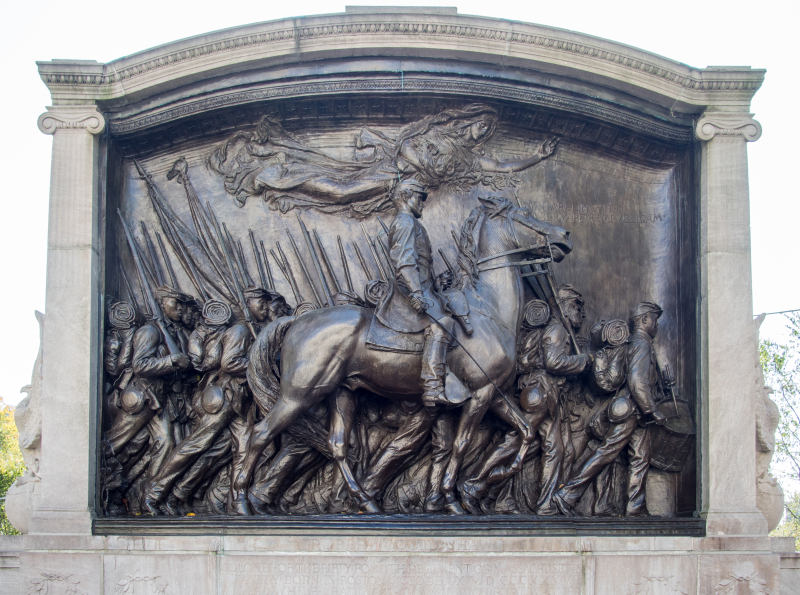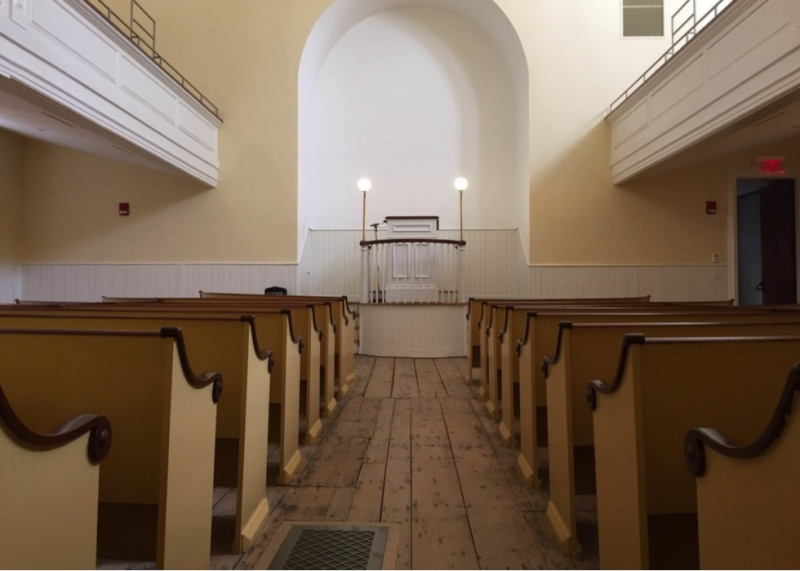Boston African American National Historic Site
This National Park, which is mostly in the Beacon Hill district, has fourteen separate sites, including dwellings, memorials, schools, and churches. Before the Civil War, the north slope of Beacon Hill housed more than half of the city's 2,000 African Americans, contributing to the neighborhood's status as a significant station on the Underground Railroad. It has the country's biggest collection of pre-Civil War black-owned homes. In 1980, these independent sites were combined to become a National Historic Site, with a focus on the political, social, and educational aspects of free black life before the Civil War. Tours are led by park rangers and begin at the 54th Regiment Memorial in Boston Common. While the majority of the structures are closed to the public, the Museum of African American History manages two of them as museums, the African Meeting House and the Abiel Smith School, in collaboration with the National Park Service.
The ridge of Beacon Slope runs east-west across the neighborhood's heart, with the hill sharply descending to the north and south. The rectilinear streets are built out in a grid arrangement. In 1980, the National Register of Historic Places designated the Boston African American National Historic Site as a district, and most of the buildings are contributing resources of the Beacon Hill National Register District, with the African Meeting House and the William C. Nell House being designated as National Historic Landmarks in 1974 and 1976, respectively.












